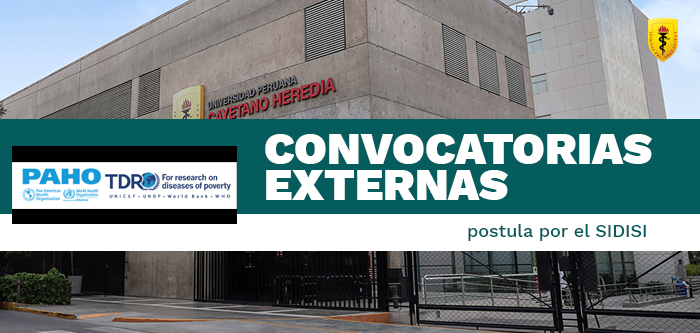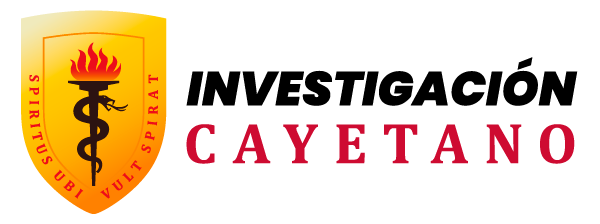2022-2023 Joint PAHO/TDR Impact Grants for Regional Priorities

The Pan American Health Organization (PAHO), jointly with the UNICEF/UNDP/World Bank/WHO Special Programme for Research and Training in Tropical Diseases (TDR), is pleased to announce the 2022-2023 Impact Grants for Regional Priorities call for applications for operational research to support the elimination of communicable diseases in the Latin America and Caribbean (LAC) Region.

The Pan American Health Organization (PAHO), jointly with the UNICEF/UNDP/World Bank/WHO Special Programme for Research and Training in Tropical Diseases (TDR), is pleased to announce the 2022–2023 Impact Grants for Regional Priorities call for applications for operational research to support the elimination of communicable diseases in the Latin America and Caribbean (LAC) Region.
Background and rationale
TDR promotes and supports research on infectious diseases of poverty that leads to health improvement. It also helps strengthen individual and institutional research capacity in developing countries. Translating research results into policy and practice, and engaging individuals and communities in using research evidence to reduce the disease burden in their respective countries, are key components.
Methodology and funding scope
– Interventions and research questions within the scope of this call are listed below. These have been selected based on a priority selection process undertaken by the PAHO Communicable Disease Department.
– The funding is available for research only.
– This PAHO/TDR call will not fund treatment and routine delivery of health services. Implementation and operational research activities supported by this call may be complementary to those supported by other stakeholders interested in the diseases and conditions covered in this call.
Priority research areas by disease and health condition
Tuberculosis and other opportunistic infections in advanced HIV disease
– Public health implementation of integrated testing of tuberculosis and other opportunistic infections such as histoplasmosis and cryptococcosis in people with advanced HIV disease.
– Strategies to reduce mortality from tuberculosis and HIV opportunistic infections such as early identification, rapid screening, rapid initiation or prophylaxis.
– Integrated models of care for tuberculosis and fungal opportunistic infections in advanced HIV disease based on WHO recommendations.
Sexually transmitted infections
– Innovative strategies to identify sexually transmitted infections in key populations with special emphasis on Chlamydia trachomatis and Neisseria gonorrhoeae.
– Design, implementation and evaluation of innovative models in contact tracing, linkage to care and case reporting to improve rates of treatment in STI partners.
Human T-lymphotropic virus infection (HTLV-1/2)
– Design, pilot and evaluate an innovative model of care and service delivery in maternal and child health that address the prevention of MTCT of HTLV, with a public health approach and integrated with other diseases.
– Cost-effectiveness studies of the implementation of public health policies for the prevention, diagnosis and care of HTLV (with a focus on mother-to-child transmission).
– Evaluation and optimization of algorithms for the diagnosis of HTLV, aiming at reducing the cost of testing.
– Countries in the WHO Region of the Americas have committed to the achievement of the goals of the 2030 Agenda for Sustainable Development, which calls for ending the epidemics of AIDS, tuberculosis, malaria and neglected tropical diseases, and combatting hepatitis, waterborne diseases and other communicable diseases and the Sustainable Health Agenda for the Americas 2018–2030, which seeks to reduce the burden of communicable diseases and eliminate neglected diseases.
Financial support
A total of five proposals for up to US$ 30 000 per grant will be funded. Co-funding from domestic or other sources is encouraged.
Study duration: 12–18 months
Application forms must be completed and signed appropriately. Incomplete applications will not be accepted. Please include:
– Duly completed and signed the research proposal form
– Acknowledgment letter signed by an appropriate person
– Current curriculum vitae of the principal investigator.
Postula por el SIDISI en: https://intranet.upch.edu.pe/sidisi/convocatoria/public/index/id/358



